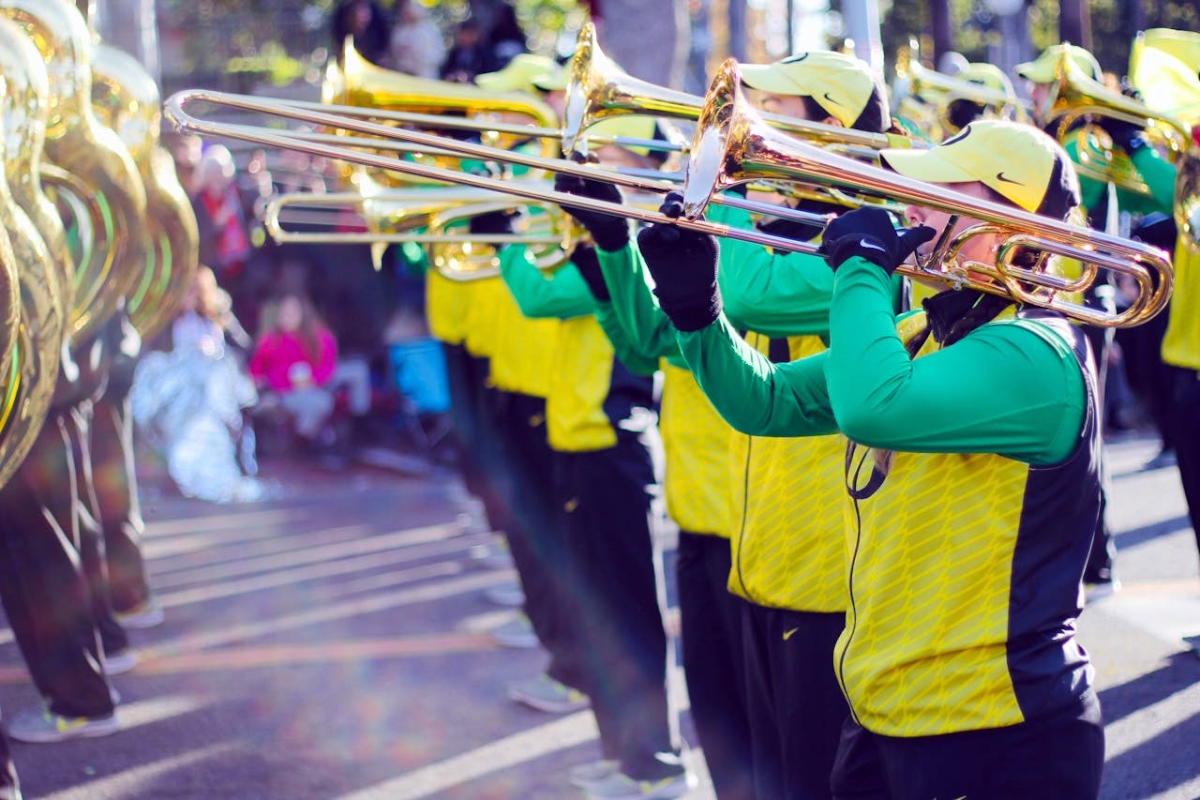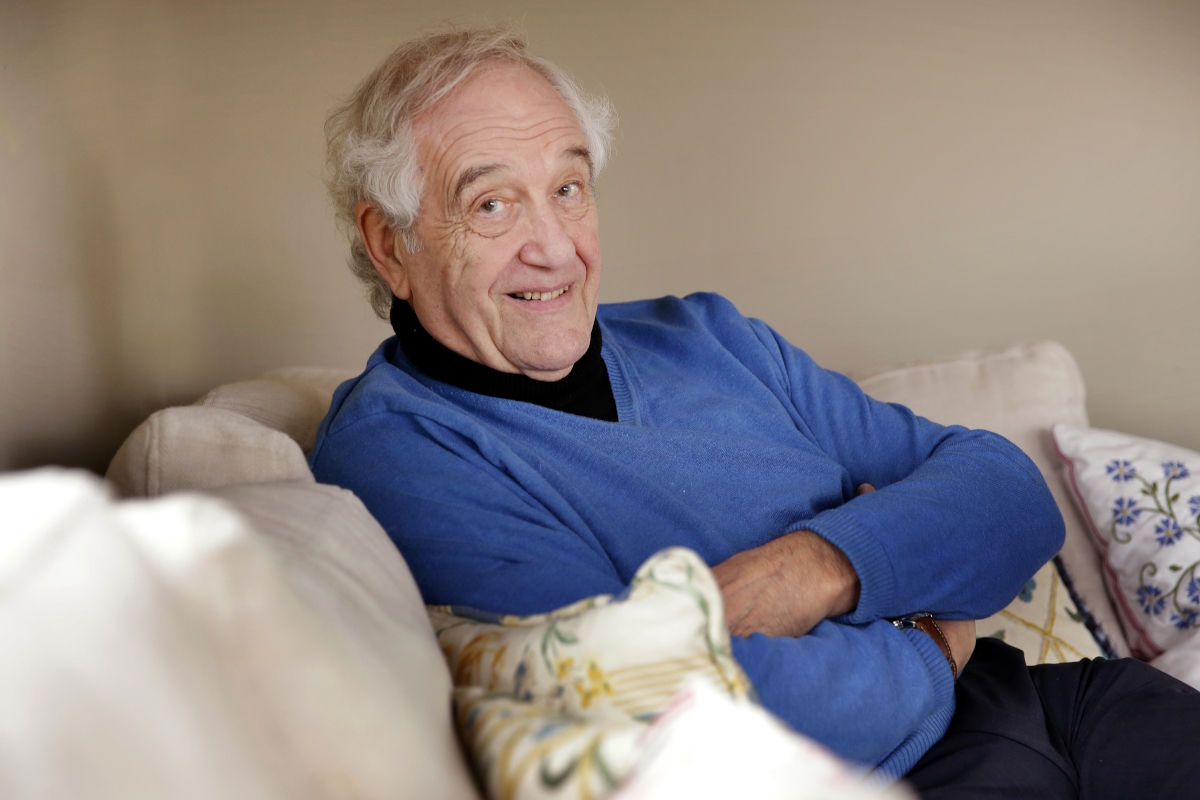Medimoirs
Blog 18
It is sad to note how the confidence of the public in the practice of medicine in Britain has declined over the last year or two. Several factors seem to be responsible, including stories about the pressure the Health Service teams are under, ministers claiming that the service is ‘broken’ and prolonged strike action by doctors in training as well as by consultants. It may be that sensationalist books about care in the Health Service may have played a part.
Writing medical memoirs, or medimoirs as they have been dubbed, can be a minefield. First of all, you needs to take care to protect the identity of any patients that you want to write about. That means fictionalising names, occupations and locations as much as possible. Once you have written the piece, it’s sensible idea to run it past a lawyer specialising in literary risk. If they approve, it is fairly safe to publish.
However, it is tempting, if you are seeking a wide readership, to pick out the most sensational of medical scenarios, often involving errors of judgement made by nurses, doctors and other members of the team. More than one book of this kind has been published in the past. It is not, perhaps, surprising that reading such accounts may have led to a lack of confidence on the part of the public.
Few medical graduates swear the Hippocratic Oath. Once in practice, though, doctors are bound by the NHS stricture that doctors should ‘do no harm’. Arguably, sensationalist medimoirs may be doing just that.
The step-grandson of an old friend died last year, after a prolonged battle with brain cancer. I wrote the poem in this blog as a tribute to him.
Grandson
A tearful eye
To say goodbye.
Too poor
A tribute paid
To he who played
No more.
How hard of death
To take his breath
Away.
At ten and five,
He should survive
Today.
When first you met,
You hoped he’d get
A chance.
He knew he’d die,
He saw the lie:
Their glance.
What life he had
He made so glad
For you.
So soon he left.
You’re all bereft,
It’s true.
You’d wish to meet
A child so sweet
Again.
Death should have come
When old, like some.
Not then.
One mourns them all,
Those children small
Who died.
But he cut deep,
Disturbed your sleep,
You cried.





